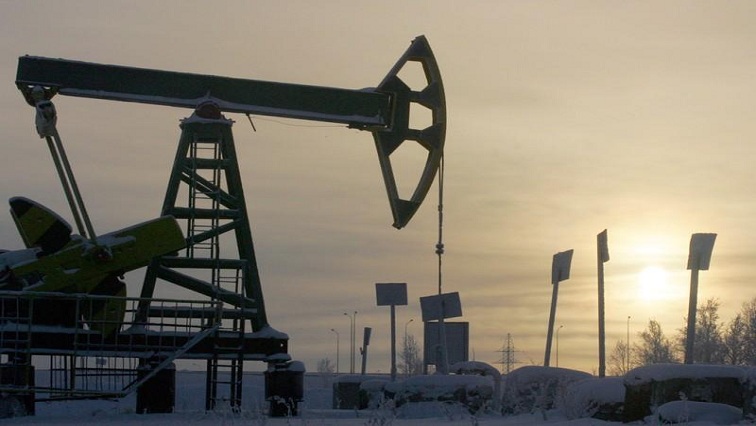On Wednesday, the Biden administration broke its silence on discussions in the European Union to cap the price of Russian oil at $65-$70 a barrel, warning that much lower prices indicated for some Russian Urals crude supplies should be approached with caution.
A U.S. official told Reuters that recent Urals oil prices in the $52-per-barrel range were out of step with broader prices in a highly opaque market.
The official cited external estimates showing that the Urals discount to benchmark Brent has recently been close to $23 a barrel, dropping to $17 a barrel in the past two months.
With Brent trading at $85.36 a barrel on Wednesday, a $23 discount puts Urals at around $62, much closer to the proposed cap level.
The US Treasury has been tight-lipped over the past week as European Union diplomats have tried to reach a consensus on an initially proposed upper price level of $65-$70 per barrel.
Some countries, including Poland, Lithuania and Estonia, are pushing for a much lower price of $30 a barrel, arguing that it is closer to the cost of production in Russia and that the West should squeeze Moscow’s revenues harder.
But the US official’s comments, which indicate growing concern about the EU’s discussions, came just five days before the European Union’s embargo on Russian crude imports is phased out.
Lower quoted market prices could undermine support for the limit in the $60-$70 range.
The American official expressed concern about the use of prices, which represent a subset of Russian oil sales.
This is in reference to recent prices quoted by Argus Media and S&P Platt’s last week as around $52 at key Black Sea and Baltic export terminals, as cited by Bloomberg.
An American official said that such prices do not include transportation and other costs related to Russian oil.
A cap price for Russian crude oil of $65 per barrel would represent a significant decline from recent prices, given the estimated average price of $78 per barrel since March 2022.
Since spring 2022, the Treasury Department has promoted the idea of a price cap to European allies as they considered and agreed on a phased ban on Russian oil imports to punish Moscow for its invasion of Ukraine.
The cap was designed as a way to limit Moscow’s oil revenues while keeping Russian crude on the world market to avoid a massive spike in oil prices.
The price cap will be implemented by denying insurance, shipping and other maritime services provided by the G7 democracies and Australia for higher priced shipments.
Last week, Russia said it would not supply oil and gas to countries that support the restriction, but would make a final decision after analyzing the final numbers.







